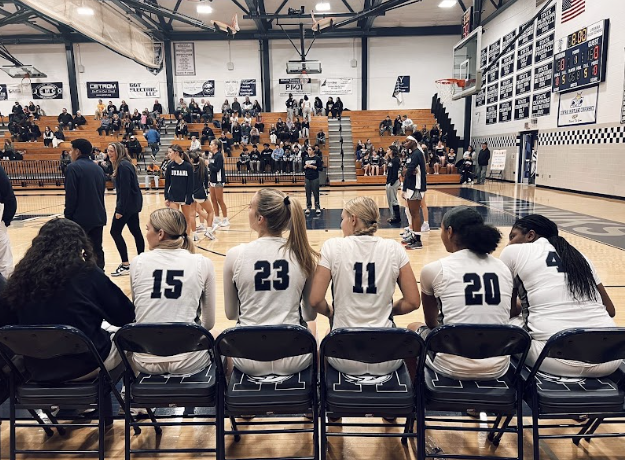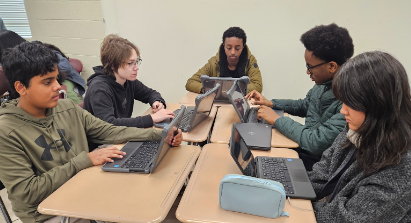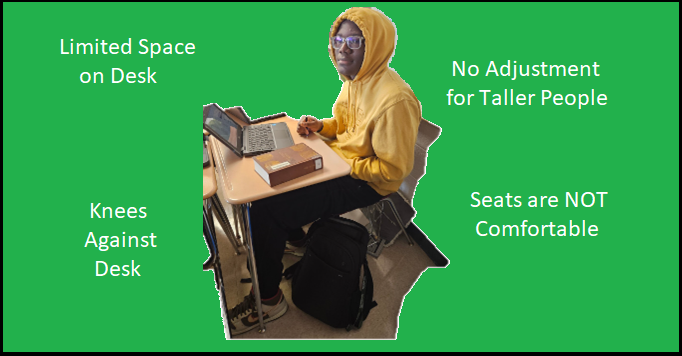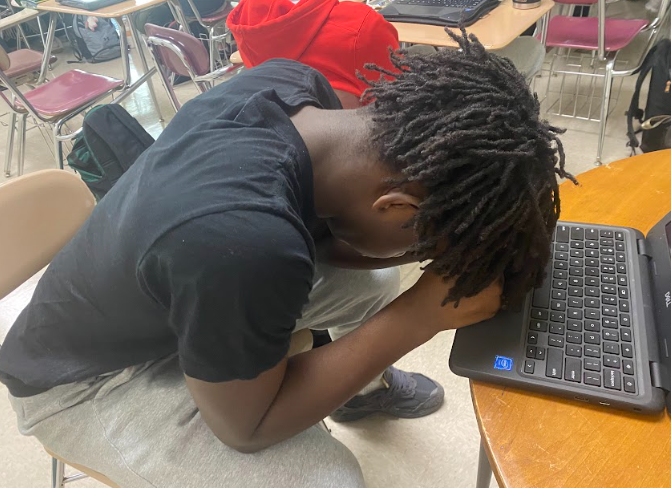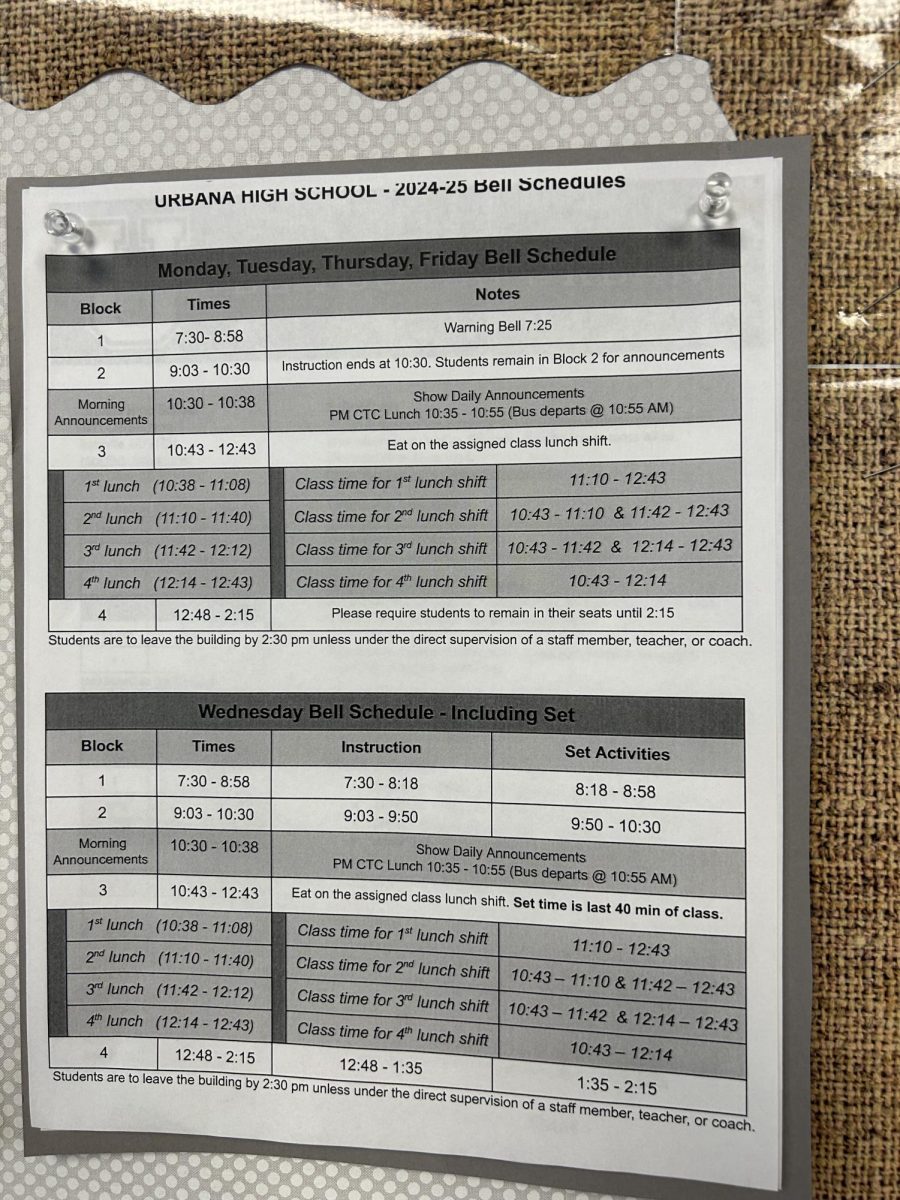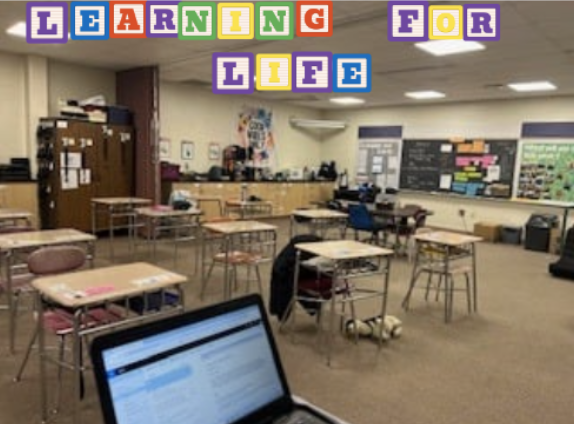The Unexpected Truth of Online School on Students Mental Health

Jackson Lowery, Journalist
February 14, 2023
For many students around the world, school is just ending in the early warm weeks of March 2020. Kids are excited to get out of school, while simultaneously making new friends and forming new bonds with classmates. All of a sudden, the entire world seemed to have frozen as news made way of a new disease called Covid-19, an infectious disease all be it caused by the SARS-CoV-2. The world was panicking, rumors were being spread of trade relations and ties being broken between countries, and worst of all, the entire education program was destroyed.
In Maryland and many other parts of the world in the month of March 2020, students such as myself were in the 8th grade, looking forward to our last year in middle school and a beginning to our high school journey. When news first broke out about the virus, not everyone was onboard with the idea of online school and quarantining. This at the time sounded amazing to students such as myself who heard the words “online school” and “working from home”. No one would have expected the consequences to be as severe as they were besides the teachers and superintendents for districts across the country. While many were confused with how long this quarantine and online school would last, many students believed that it would last the two initial weeks the superintendents stated. This caused weeks after the initial quarantine process to fly by, as every week seemed the same for the rest of the middle school online process. Teachers were not ready to adapt to these substantial changes, and this was reflected through students’ grades dropping and less assignments being posted.
While I knew my opinion on the matter of online school, I wanted to interview other students my age who have experienced the same things I have to verify. Ryan Heflin, now a junior in high school when asked about the effects of online school and quarantine said, “It made me feel very antisocial and made me lose a lot of friends as a result of me becoming out of the loop.” In a study done by NCBI (National Center for Biotechnology Information), students were asked to complete a forum ranking their mental health on a scale of 0-24 based on the current state of online learning and the results were extremely one sided. In the study, “A score of 12 was usually used as the cut-off for serious mental illness, with 28/40 students reaching this score” (NCBI 6). I interviewed two other students that were 17 years of age and current juniors in high school on how online learning and quarantine had affected their mental health and this is what they had to say. Chase King said “my mental health was definitely affected under quarantine as I found it was much harder to socialize and talk to friends.” Another junior in high school that had similar things to say was Nicholas Khang adding that “Quarantine and online school made it harder to stay focused in class and get work done while also making it harder to meet new people.”
The bottom line? Recent statistics and real-life stories shows evident linkage to mental health decline in the early state of online school and quarantine as it made it hard for people to meet and socialize behind devices and screens. It was an unfortunate time where many students were in a dark place while also seeing their grades decline rapidly. If students had the option to go back in time and change some of the mistakes they made back then, I’m sure they would. All we can do now is roll with the punches and consequences from the early years of online school and quarantine and get back on track. This was made easier by an easing period after the first year and a half of online school, where teachers were more laid back on grading periods and late turn-ins. Programs were also implemented across the world for students to reach out to teachers if struggling with mental health and specific days were dedicated to additional blocks of time where students could gather and cover difficult subjects regarding mental health.
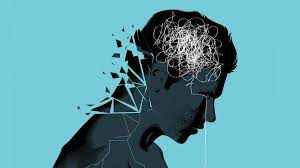
The way we talk about mental health is broken. here’s how to … – inc.com. (n.d.). Retrieved February 14, 2023, from https://www.inc.com/amy-morin/only-17-percent-of-adults-function-at-optimal-mental-health-yet-no-one-wants-to-talk-about-it.htm
Information about mental illness and the brain – NIH … – NCBI bookshelf. (n.d.). Retrieved February 14, 2023, from https://www.ncbi.nlm.nih.gov/books/NBK20369/




